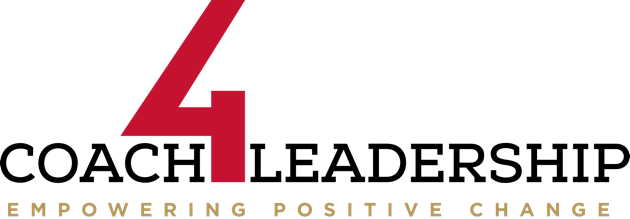Have you ever gotten turned on to a person, resource or tool that really began to change the game for you in a number of areas?

That happened to me recently. I’ve been going through a variety of Tony Robbin’s personal development and coaching content. Although he’s been billed as one of the most prolific and impactful people of our era, I was a bit skeptical. However, after going through his Ultimate Edge course and some of his other content, I now see why.
One of the things I’ve found especially effective is his approach to change and achievement, even when change is hard. It’s been a game-changer for me and I think you may find it helpful as well. Here are the 3 basic elements or keys to effective personal change:
1. Focus- focus on what you want. You have to make it clear and compelling. You need a powerful why that pulls you instead of you pushing the rock up the hill. When you get crystal clear on your target, it’ll drive your internal motivation.
2. Get the Best- Get the best of tool, teacher, map, mentor, coach or strategy you can afford. How? Seek, ask, and/or model somebody who’s already achieved what you want to do, have or be. Then adapt what you find in a way that best serves you and those you influence.
If you have the first two bases above covered and still find yourself “stuck”, then….
3. Get Aligned- 80% of change and achievement is psychology, only 20% is mechanics. If you’re taking 2 steps forward and 3 steps back, then it’s likely you have have basic needs or interests that are in tension or conflict. This is typically due to a couple of things. The first is a conflict arising from your internal map of the world and how you think things should be…..the script you’ve written for yourself and others; your “rules” so to speak. The other is your living conditions and/or environment.
What to do? You can either adjust your internal map and those self-imposed rules you have for yourself and everyone else about how things should be (we all have them) or change your conditions/environment. And by the way, other people (and often us) don’t even know our “rules” most of  the time, much less live by them. And when other people (or we) violate our “rules”, we get upset. So, action steps in order are:
the time, much less live by them. And when other people (or we) violate our “rules”, we get upset. So, action steps in order are:
- Figure out what “rules” you have for yourself and others and if their sabotaging you, change them.
- Determine if your external conditions/environment is contributing to the problem or can provide a solution, then change that.
- Reassess and see if a combination of both above would be helpful; real-world problems are often messy and not clear-cut.
What are you trying to change right now that your finding to be harder than you expected? What have you given up trying to change because you’ve failed at it repeatedly and have now just “settled”? What changes have you made that led to wild success and how did you do it? Remember, change is automatic but progress is not.
I would really appreciate it if you would leave a comment and so we can share the wealth and help each other empower positive change.

Rob, Thanks for sharing this. As a fellow Christian Executive Life Coach, this short amount of content hits at the heart of many coaching challenges for men and women who really want to make serious life alterations. Blessings, Bill Sitter
Your welcome, appreciate your input here. Agree, the main elements of the change process are not necessarily complex but they can be hard….hence the value of a Coach!